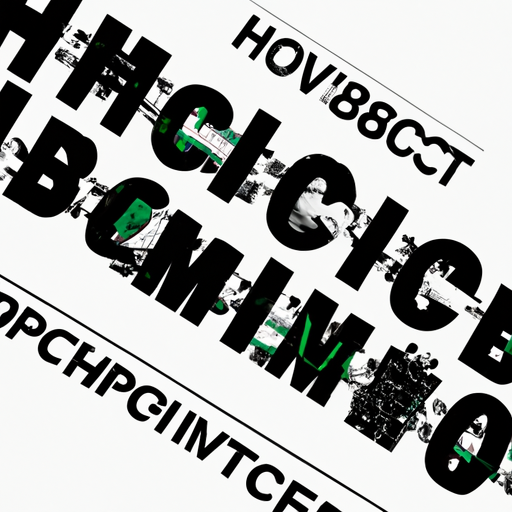Exploring Bitrock: The Layer-2 Sidechain Compatible with Ethereum
Introduction
Bitrock, a fascinating addition to the blockchain ecosystem, is a layer-2 sidechain that offers compatibility with Ethereum. This innovative platform utilizes a proof-of-authority (PoA) consensus mechanism, providing a more efficient and scalable solution for decentralized applications (dApps). In this article, we will delve into the key features and benefits of Bitrock, shedding light on its potential impact on the crypto space.
Key Points:
- Bitrock is a layer-2 sidechain designed to work seamlessly with Ethereum.
- The platform employs a proof-of-authority (PoA) consensus mechanism.
- Bitrock aims to address scalability issues faced by Ethereum and other blockchain networks.
- The PoA consensus mechanism ensures faster transaction processing and lower fees.
- Bitrock allows for interoperability with other blockchains and supports smart contracts.
Exploring Bitrock
Bitrock is an innovative layer-2 sidechain solution that offers compatibility with Ethereum, the leading blockchain platform for decentralized applications. By leveraging the power of Ethereum’s existing infrastructure, Bitrock provides a scalable and efficient alternative for developers and users.
One of the key advantages of Bitrock is its use of a proof-of-authority (PoA) consensus mechanism. Unlike the traditional proof-of-work (PoW) consensus used by Ethereum, PoA relies on a group of trusted validators to secure the network. This approach enables faster transaction processing and significantly reduces fees associated with transaction validation.
Scalability is a major challenge faced by Ethereum and other blockchain networks. As the popularity of dApps grows, congestion and higher fees become obstacles for users. Bitrock aims to address these issues by offloading transactions and smart contracts to its layer-2 sidechain, relieving strain on the main Ethereum network.
In addition to providing scalability, Bitrock also focuses on interoperability. The platform allows for seamless integration with other blockchains, opening up new possibilities for cross-chain functionality. This interoperability expands the potential use cases for Bitrock, making it a versatile solution for developers and businesses.
Smart contracts, an integral part of the Ethereum ecosystem, are also supported on Bitrock. With its compatibility with Ethereum, developers can easily port their existing smart contracts to Bitrock and take advantage of its scalability and efficiency features.
The Future of Bitrock
Bitrock holds significant potential in the blockchain space, particularly in addressing the scalability challenges faced by Ethereum and other networks. Its compatibility with Ethereum and support for smart contracts make it an attractive proposition for developers and businesses looking for a more efficient solution.
As the adoption of decentralized applications continues to grow, platforms like Bitrock can offer the scalability necessary to accommodate increased transaction volume without compromising on security or increasing fees. By offloading transactions to a layer-2 sidechain, Bitrock has the potential to revolutionize the way dApps are developed and utilized.
In conclusion, Bitrock is an exciting addition to the blockchain ecosystem, providing compatibility with Ethereum and offering solutions for scalability. The platform’s use of a proof-of-authority consensus mechanism and support for smart contracts make it a promising solution for developers and businesses alike. With its potential to unlock new avenues for cross-chain functionality, Bitrock’s future looks bright and, undoubtedly, worth keeping a close eye on.
Hot Take: The Evolution of Scalability
Bitrock’s introduction as a layer-2 sidechain compatible with Ethereum marks another step forward in addressing the scalability concerns within the blockchain industry. By leveraging a proof-of-authority consensus mechanism, Bitrock provides faster transaction processing and reduced fees, making it an attractive option for developers and businesses. The future of scalability lies in innovative solutions like Bitrock, which have the potential to unlock the full capabilities of decentralized applications without compromising on efficiency or security.
